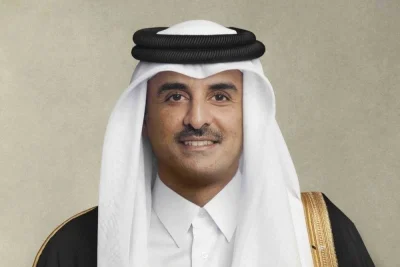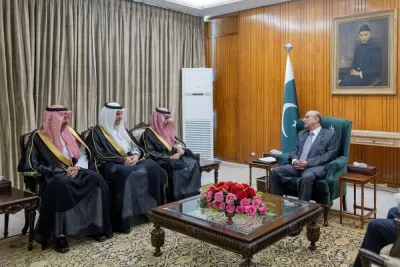As the “lower-for-longer” reality about oil prices has set deep in the Gulf, Saudi Arabia has been pursuing an ambitious economic reform plan. The latest decision by King Salman to restore cuts to financial allowances for civil servants and military personnel is being seen as helping the kingdom on reforms - announced last year by Deputy Crown Prince Mohamed bin Salman - with popular support.
Last September, the government sharply reduced financial perks for employees in the public sector, where most Saudis work, in a drastic step to curb a huge budget deficit caused by low oil prices. But the return of the perks would mean an estimated SR50bn to 80bn ($13.3bn to $21.3bn) windfall annually in consumers’ pockets.
Deputy Economy Minister Mohamed al-Tuwaijri said restoring the allowances was made possible as Riyadh had made faster-than-expected progress in cutting its deficit. The gap was SR26bn in the first quarter of 2017, well below the projected SR54bn. Riyadh has forecast a deficit of SR198bn for 2017.
John Sfakianakis, director of the Gulf Research Centre in Riyadh, estimates the new perks would add half a percentage point to the non-oil economy this year, bringing its growth to around 1%.
But new austerity measures are still on track. A tax on tobacco and sugary drinks will be introduced in coming weeks, raising up to 10bn riyals annually. The planned hike in fuel and water prices could fetch an additional SR29bn. And a 5% value-added tax on most products is to be imposed at the start of 2018.
No doubt, it won’t be smooth sailing. The International Monetary Fund has lowered its growth forecast for Saudi Arabia next year, as oil production cuts and austerity measures take a toll on the biggest Arab economy. Growth is expected at 1.3% in 2018, down from a 2.3% projection in January, the IMF said last week, while leaving this year’s forecast unchanged at 0.4%.
Saudi Finance Minister Mohamed al-Jadaan said in January he expected growth this year to be “north of 1%,” or significantly higher than the IMF’s projection. The median in a Bloomberg survey of economists is also slightly more optimistic than the IMF, predicting growth at 0.6% this year and 1.8% next.
The prolonged decline in oil prices has hit the finances of the Gulf countries hard. Nowhere is it, perhaps, felt more acute than in Saudi Arabia. But the biggest domestic shakeup since the founding of the kingdom is aiming to transform the world’s most influential crude exporter into an economy fit for the next era.
The government has already sent a clear message that the kingdom’s welfare measures and subsidies cannot be taken for granted as an all-weather largesse vis-a-vis longer-term economic stability. At the same time, it is also sensitive to public welfare and looking for ways to share the financial benefits of reforms with the society.
With a balanced approach, the Saudi government is now on a better footing to push ahead with its ambitious reforms programme.



